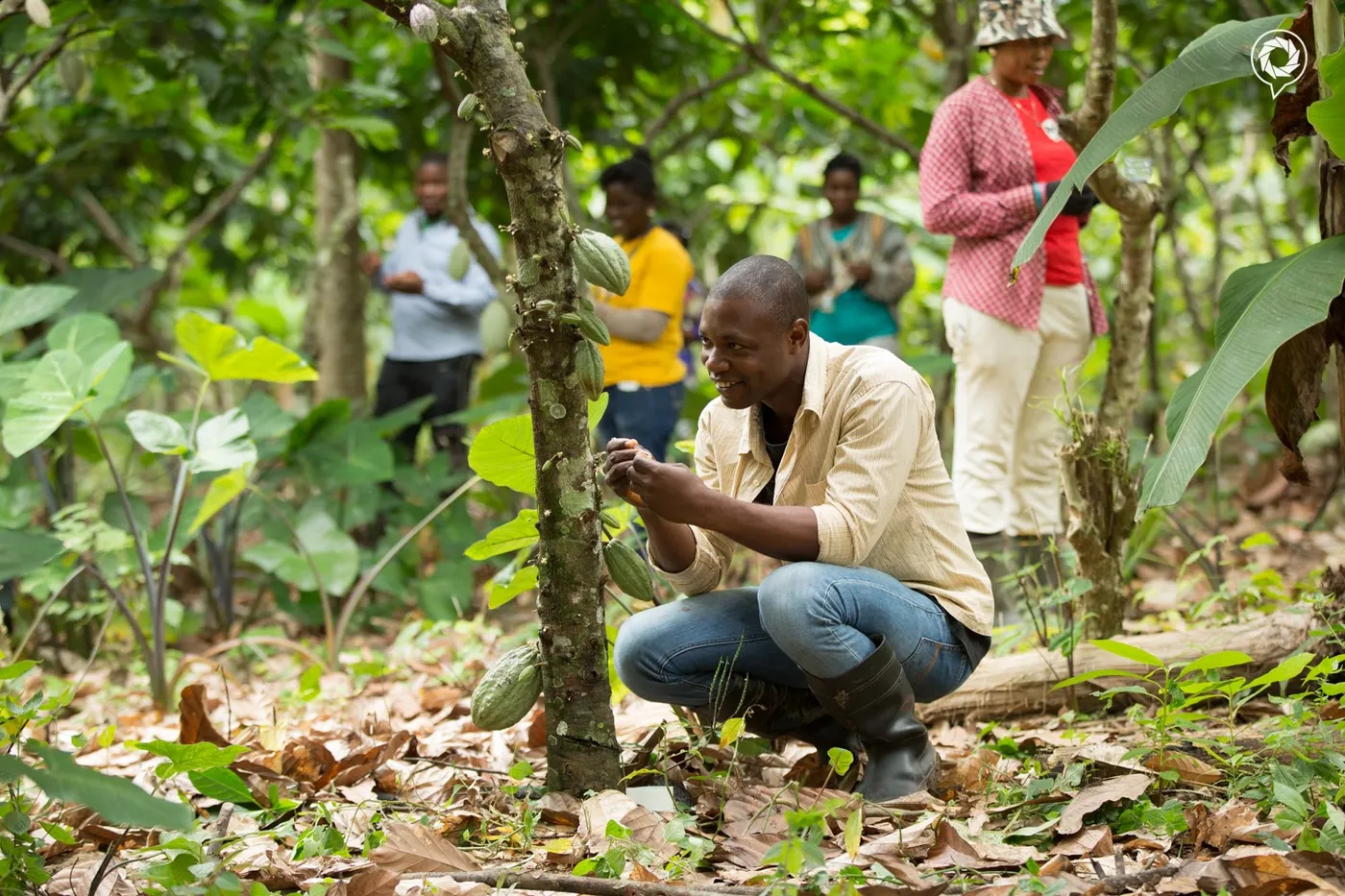“Our attention has been drawn to a false flyer circulating on social media claiming that the Minister for Food and Agriculture has announced an increase in cocoa prices.
“This information is completely untrue,” it said in an official statement to the media. “We urge our cherished stakeholders and the public to disregard this fake news and rely only on official communication from COCOBOD and the Ministry,” it wrote on its social media page.
In a recent address to the Ghanaian parliament, the Minister for Food and Agriculture, Hon Eric Opoku, discussed the state of the cocoa sector, highlighting a proposed price adjustment for cocoa to 60% of the global market rate, with aspirations to raise this to 70%.
However, it was noted that there have been no specific timelines or consultations with key stakeholders, such as the Ministry of Finance and the regulator, regarding this proposition.
This announcement quickly garnered attention on social media and various online platforms, leading to confusion over the government’s plans and the misinterpretation of the information.
Fair treatment for farmers
During the recent vetting of the Minister-designate for Food and Agriculture, Hon Eric Opoku, articulated concerns that the previous administration did not adequately address the needs of Ghanaian cocoa farmers. He pledged that, if confirmed, he would work closely with relevant agencies to advocate for fair treatment of farmers.
As the 2024 elections approached, the opposition criticized the previous administration for its perceived unresponsiveness to the needs of farmers, particularly regarding producer price adjustments during rising global prices.
In its campaign, the current government committed to ensuring that farmers receive 60% of the global cocoa price if elected, a message that resonated strongly with the electorate, leading to a significant voter turnout in its favour.
Current state of the industry
Cocoa production in Ghana has seen a marked decline since the beginning of this year, resulting in a temporary pause for many licensed buying companies due to reduced production levels. Additionally, pending payments from regulators and international buyers to local companies have raised concerns.
Living Income Differential
The Living Income Differential (LID) agreement plays a vital role in this conversation. This initiative aims to provide farmers with additional support and assist regulators in managing the rising costs of cocoa farming.
Given international chocolate companies' substantial profits from this vital commodity, they must continue contributing to the LID.
Doing so will help ensure farmers secure their livelihoods and empower them to reinvest in their agricultural practices.
It is essential to recognize that farmers should not have to choose between supporting their families and maintaining their farms. The need for proactive measures is urgent, and farmers truly deserve support and improvement in their circumstances.
- Anthony Aidoo is cocoaradar.com’s contributor in Ghana, chair of the steering committee of the World Food Forum Ghana, and a cocoa trading executive
cocoaradar.com is:
- Official Media Partner - World Cocoa Foundation Partnership Meeting in São Paulo, Brazil, 19-20 March 2025.
- Official Media Partner - Amsterdam Sustainable Cocoa Conference, Chocoa, 4-9 February 2025.
- 'From Our Desk. To Yours'
- Sign-up here for free and upgrade to an annual plan with a 35% discount

